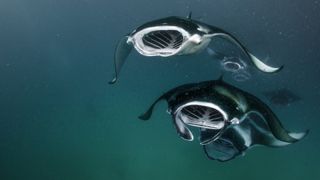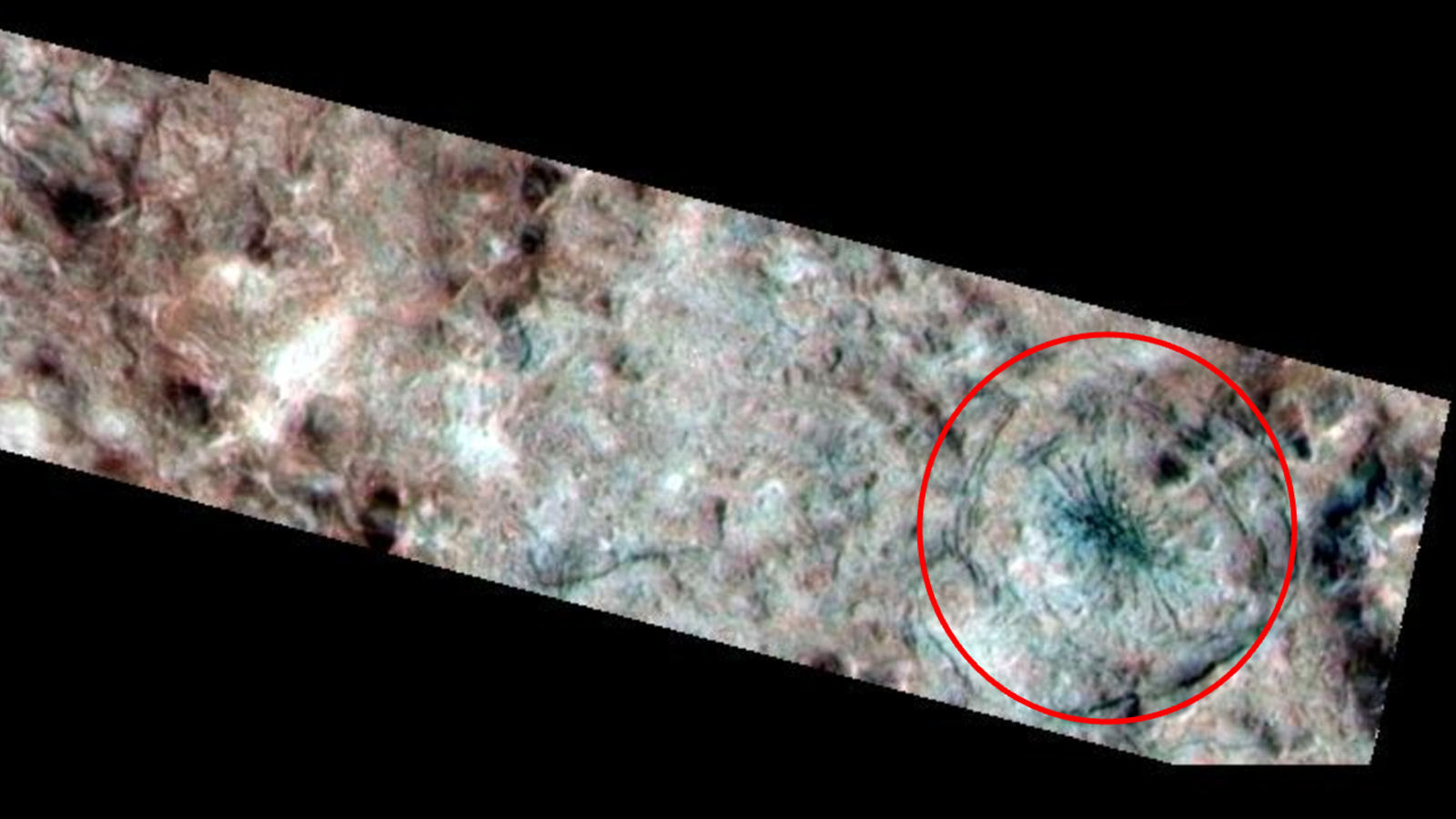Biodiversity

Biodiversity is a contraction of the phrase "biological diversity," and refers to the variability of life within a species (judged by the variations in its genetic makeup), an ecosystem, a region and even across the planet. The biodiversity of the Amazon, one of the most biodiverse places on Earth, would include the terrestrial species found in the rainforest, the birds that fly in its skies and the aquatic creatures that swim in the Amazon River. But one could also examine the biodiversity of the Amazon River itself. Biodiversity varies widely across the globe, from places of high biodiversity, such as rainforests and coral reefs, and areas of lower biodiversity, such as agricultural fields. High biodiversity is often considered a sign of a healthy ecosystem, and many conservation efforts are aimed preserving biodiversity. Read below for stories on studies of biodiversity.
Latest about biodiversity
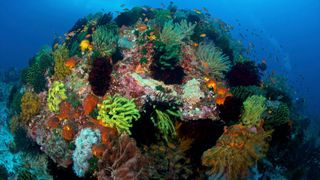
Coral Triangle: The giant hidden 'Amazon' beneath the sea that appears somewhat resilient to climate change
By Sascha Pare published
The Coral Triangle is an extremely biodiverse patch of ocean around the Philippines and Papua New Guinea. Its relatively murky waters appear to shield it against climate change — for now.
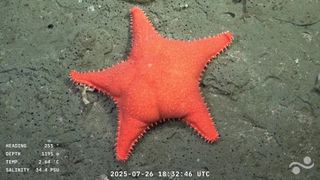
'Big-butt starfish,' 'little sweet potato' and dozens of never-before-seen species recorded during deep-sea expedition off Argentina
By María de los Ángeles Orfila published
Researchers have captured footage of a "big-butt seastar" off the coast of Argentina that looks like Patrick Star from "SpongeBob SquarePants."
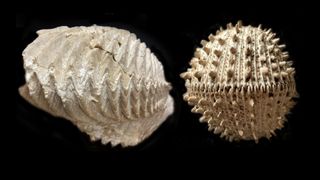
'Statistically, that shouldn’t have happened': Something very weird occurred in the ocean after the dinosaur-killing asteroid hit
By Stewart Edie published
Not everything dies in a mass extinction. Sea life recovered in different and surprising ways after the asteroid strike 66 million years ago. Ancient fossils recorded it all.
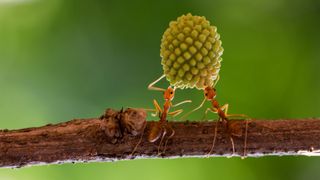
Insects: Facts about the creepy-crawlies that make up more than half of the world's animal species
By Sascha Pare published
Discover interesting facts about insects, the critters whose combined weight on the planet is 70 times that of all humans.
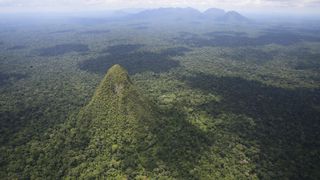
El Cono: The mysterious sacred 'pyramid' hidden deep in the Amazon rainforest
By Sascha Pare published
Cerro El Cono is a solitary, pyramidal hill in the Peruvian Amazon rainforest whose origins remain mysterious and that holds spiritual significance for Indigenous people.
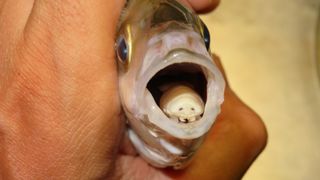
Why we need parasites, despite them leeching life from others
By Euan Ritchie published
An ecologist shares his passion for parasites. From their vital roles in nature, to strange super powers and extraordinarily complex life cycles, parasites are natural wonders worthy of protection.
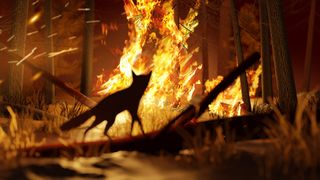
A third of Earth's species could become extinct by 2100 if climate change isn't curbed
By Olivia Ferrari published
An analysis of research on most known species around the world finds climate change puts many species at risk of extinction, and the risk increases with more global warming.
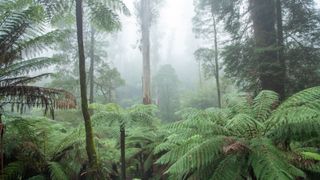
Rainforest of super trees descended from lost supercontinent Gondwana being created in Australia
By Emma Bryce published
Project seeks to protect ancient tree lineages that have survived from a time before Earth’s continents broke apart.
Get the world’s most fascinating discoveries delivered straight to your inbox.



